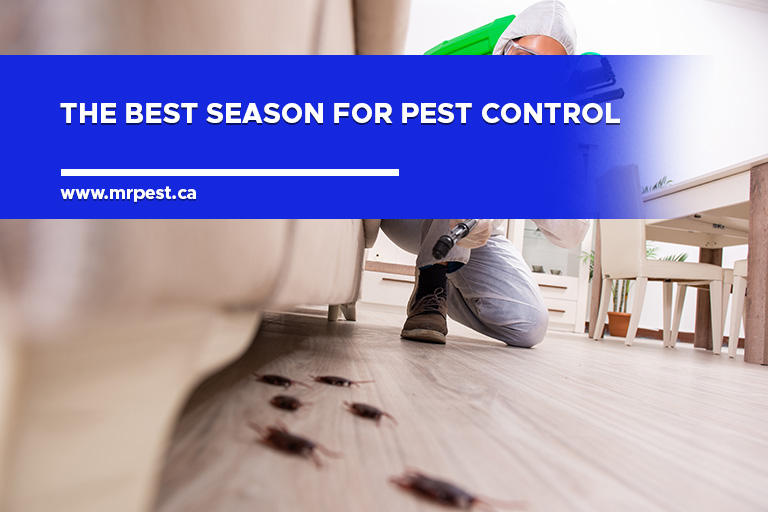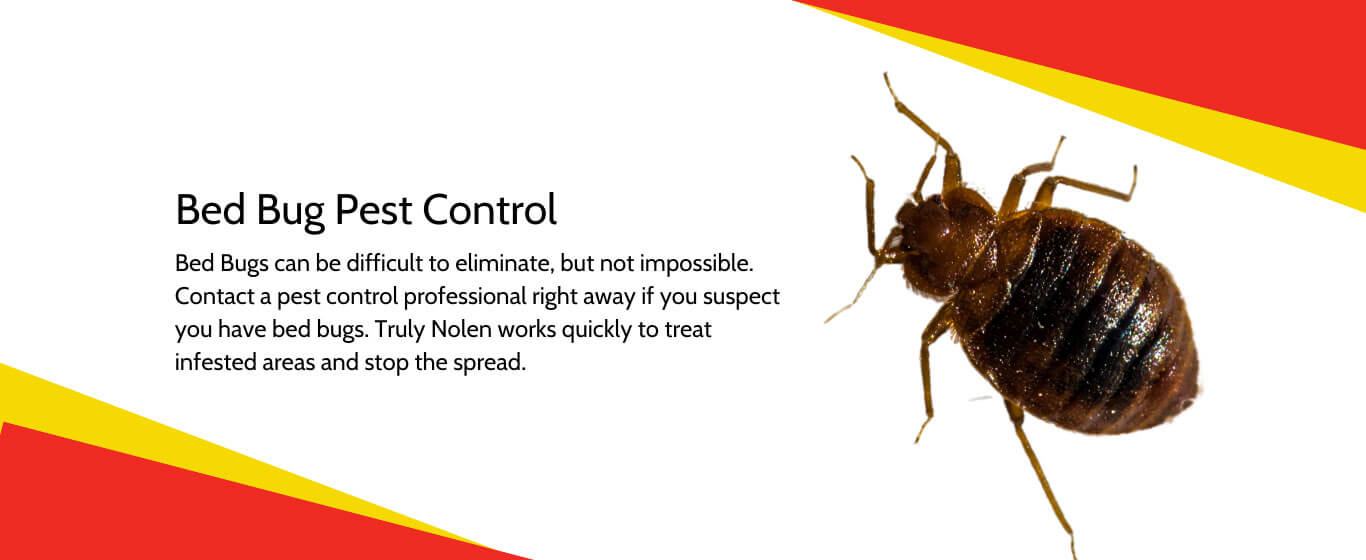Trusted Exterminator Coquitlam Services for Effective Pest Management
Trusted Exterminator Coquitlam Services for Effective Pest Management
Blog Article
Safe and Reliable Pest Control for Lasting Protection
Effective bug monitoring calls for a multifaceted technique that balances environmental stability with the demand for effective bug suppression. The nuances of these approaches may not be instantly clear, motivating a more detailed exam of the methods that can lead to sustainable insect control outcomes.
Comprehending Insect Control Techniques
Parasite control encompasses a selection of techniques targeted at handling and removing undesirable pests and rats that can intimidate both health and building. Recognizing these techniques is vital for effective pest monitoring.
The primary classifications of parasite control methods include mechanical, organic, and chemical methods. Mechanical methods entail physical obstacles and traps to protect against insect entry and capture undesirable species. Utilizing screens on home windows or utilizing sticky traps can considerably reduce insect populations without introducing damaging compounds - exterminator coquitlam.

Chemical pest control is often one of the most acknowledged approach, utilizing pesticides to eliminate parasites. These chemicals can be effective yet need to be used with care to avoid negative effects on non-target varieties and the environment.
Advantages of Eco-Friendly Solutions
Exactly how can eco-friendly options transform bug control practices? The adoption of environmentally friendly parasite control methods supplies many advantages, considerably enhancing the performance and security of pest management.

An additional advantage is the positive effect on regional biodiversity. Environment-friendly services are designed to target details bugs while maintaining advantageous bugs and wild animals, promoting a well balanced environment. This strategy lines up with the growing customer demand for lasting techniques, improving the track record of bug control providers.
Integrated Insect Management Approaches
The implementation of environment-friendly services naturally leads to the fostering of Integrated Bug Administration (IPM) techniques, which even more boost parasite control efficiency. IPM is an alternative strategy that incorporates multiple methods to manage insect populaces while lessening environmental effect. This technique stresses using biological, social, mechanical, and chemical controls, making certain a sustainable and balanced technique of parasite administration.
One basic aspect of IPM is the complete assessment of parasite task and environmental conditions. By monitoring parasite populations and determining their life cycles, experts can execute targeted interventions that disrupt the insect's environment or lifecycle, decreasing reliance on chemical pesticides. Additionally, cultural practices such as plant rotation and habitat control can significantly lessen insect establishment and reproduction.
Another critical element is making learn the facts here now use of organic control agents, such as beneficial pests or bacteria, which can naturally reduce parasite populations. When chemical applications are needed, IPM prioritizes making use of low-risk chemicals and uses them uniquely, decreasing direct exposure to non-target organisms and people.
Incorporating IPM approaches not just boosts bug control effectiveness yet also advertises a much safer ecosystem, lining up with the growing need for sustainable techniques in parasite management.
Safe Practices for Property Owners
Comprehending the importance of secure practices in bug control can equip homeowners to properly take care of insect issues while guarding their health and the environment. Implementing safe methods and safety nets is critical in lessening exposure to damaging chemicals.
Property owners need to initially assess their setting for problems that attract pests, such as standing food, clutter, and water waste. Frequently cleaning and sealing entry factors can deter parasites from getting into the home. Using natural deterrents, such as essential oils or diatomaceous earth, can supply efficient alternatives to chemical pesticides.
When chemical therapies are needed, home owners ought to select items that are specifically classified as safe for property usage. It is important to adhere to application guidelines carefully to stay clear of too much exposure. Additionally, utilizing targeted therapies in areas where parasites are identified, instead of covering splashing, can considerably minimize chemical use.
Finally, preserving open interaction with anchor insect control experts is important. Home owners need to inquire concerning the security of items utilized and request green choices whenever possible. By taking on these risk-free practices, property owners can produce a healthier living environment while effectively taking care of bug concerns.

Tips for Long-Term Defense
Establishing a parasite monitoring technique that highlights long-term security can considerably improve the effectiveness of the secure techniques formerly talked about. To accomplish this, homeowners need to execute normal evaluations of their property, focusing on hidden locations such as attics, cellars, and crawl areas. Early detection of parasite task is essential in protecting against invasions from taking hold.
These techniques reduce attractants that draw bugs right into the home. Securing access factors, such as splits around doors and home windows, can successfully obstruct prospective parasite gain access to.
Landscaping ought to likewise be considered; maintaining plants trimmed and preserving a range between vegetation and the home decreases hiding areas for bugs. Making use of all-natural deterrents, such as vital oils or diatomaceous earth, can better discourage problems without resorting to severe chemicals.
Finally, teaming up with an expert bug control service for periodic analyses can provide an additional layer of safety and security. These professionals can provide customized suggestions and advanced therapies, ensuring that your home remains safeguarded versus insects in the lengthy term.
Final Thought
To conclude, dependable and safe parasite control needs a diverse strategy that highlights eco-friendly methods and integrated insect administration. By implementing all-natural deterrents, carrying out regular assessments, and keeping correct cleanliness, homeowner can significantly minimize insect populaces while securing helpful insects and the atmosphere. Partnership with specialist pest control services improves the performance of these strategies, ensuring customized remedies that offer long lasting defense and satisfaction versus future problems.
Efficient bug management calls for a multifaceted approach that stabilizes ecological stability with the need for reliable pest reductions. The fostering of eco-friendly pest control methods supplies many benefits, dramatically improving the efficiency and security of bug monitoring.The application of green options naturally leads to the adoption of Integrated internet Parasite Administration (IPM) strategies, which even more enhance bug control efficacy. exterminator coquitlam. By keeping an eye on bug populaces and identifying their life cycles, specialists can implement targeted treatments that disrupt the parasite's environment or lifecycle, decreasing reliance on chemical pesticides.In conclusion, risk-free and dependable parasite control calls for a diverse technique that highlights eco-friendly techniques and integrated pest monitoring
Report this page